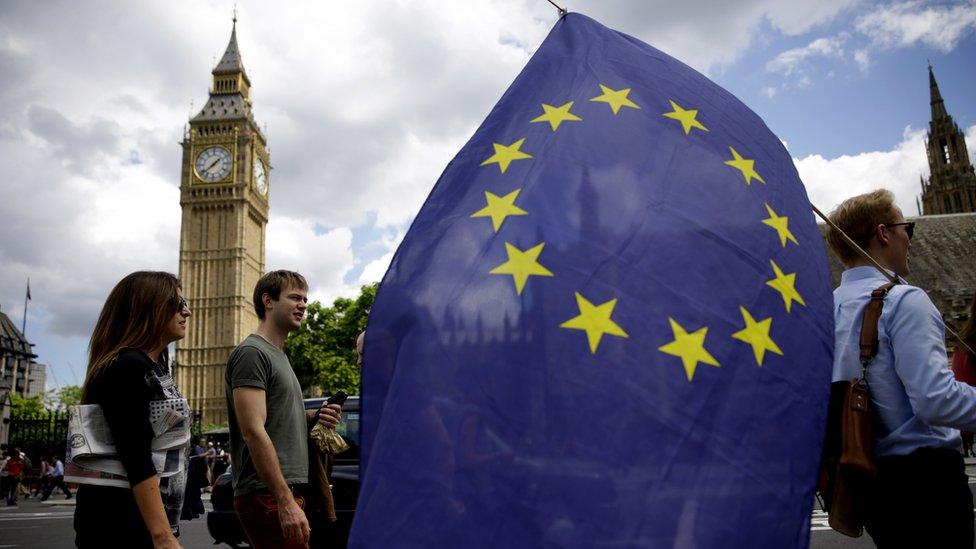'We should not block Brexit,' says Carwyn Jones
- Published
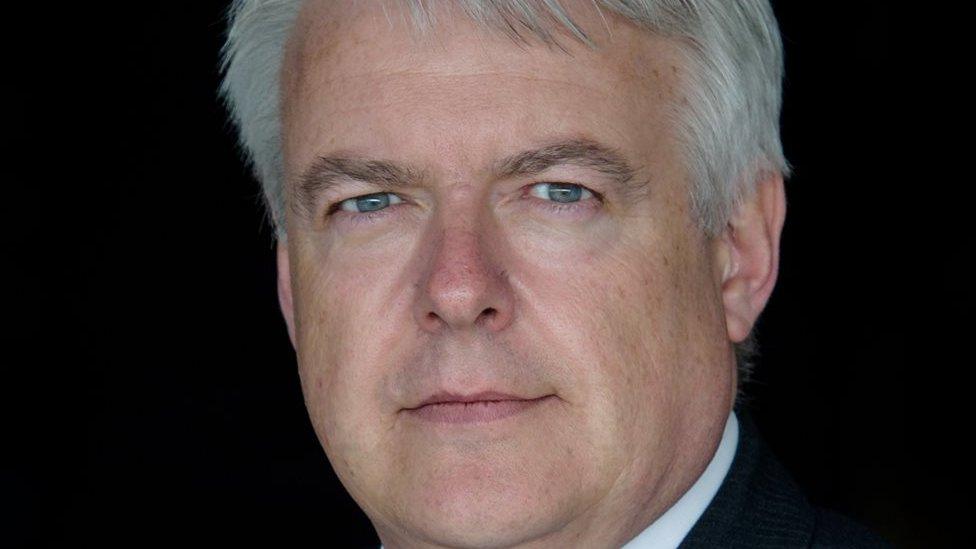
Carwyn Jones said the Welsh Government would be involved in Brexit negotiations "to protect Welsh interests"
First Minister Carwyn Jones has rejected the idea that members of the Welsh assembly should block Brexit.
The Welsh Labour leader said if politicians tried to ignore the referendum vote it would only "worsen this current political crisis".
But Mr Jones said: "We will not support anything that damages Wales."
It follows Scottish First Minister Nicola Sturgeon's claim that MSPs could challenge Brexit in Scotland.
He said: "Clearly Wales and Scotland voted differently on Thursday, and if there is one thing that could worsen this current political crisis it would be for politicians to ignore the democratic decision taken last week.
"However, there is a vast and complex process ahead, and I made clear my intention to ensure that Welsh Government will be involved at every step of the way to protect Welsh interests."
Andrew RT Davies admits Brexit may need approval by the UK's parliaments and assemblies
Earlier Welsh Tory leader Andrew RT Davies said the UK's deal to leave the EU may depend on approval from the UK's parliaments and assemblies.
Mr Davies, who campaigned for Vote Leave, said Brexit could also depend on people's verdict at a general election.
"Ultimately it will be for the deal to be put before the legislatures and parliaments and assemblies of the UK and it could be that there is a general election in 2020 that would determine it by a vote of the whole country," he told the BBC's Sunday Politics Wales programme.
Time for calm heads and stability, says Baroness Morgan
Labour AM Baroness Morgan, on the same programme, warned against pressing ahead too quickly on leaving the EU because "we've got a long way before this plays out".
"We've got two years before we get to the end of that negotiation," she told the programme.
"I think the European Union will look like a very different place within two years.
"I think there's issues like the free movement of people which will now be put on the table within the European Union."
While a majority in both Scotland and Northern Ireland voted to remain in the EU, majorities in Wales and England preferred to leave.
- Published26 June 2016
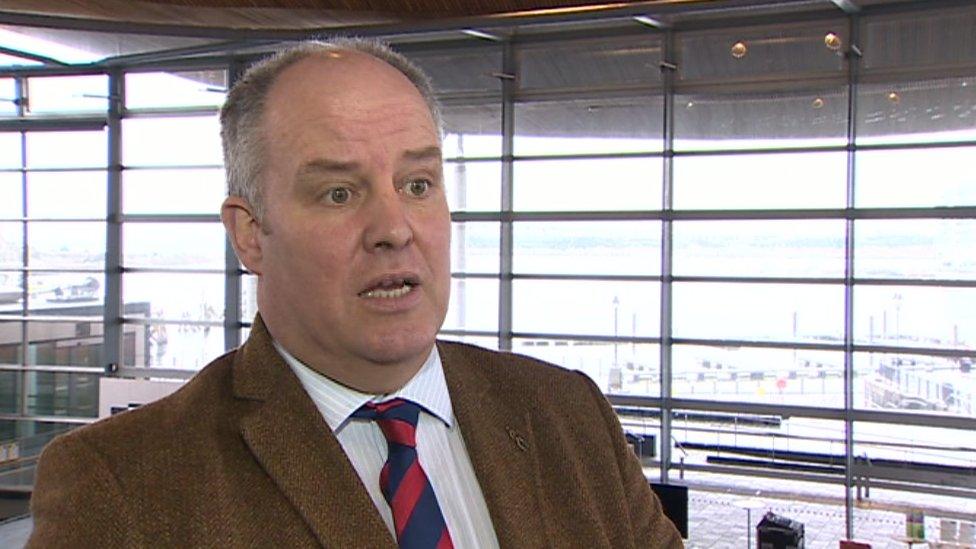
- Published26 June 2016
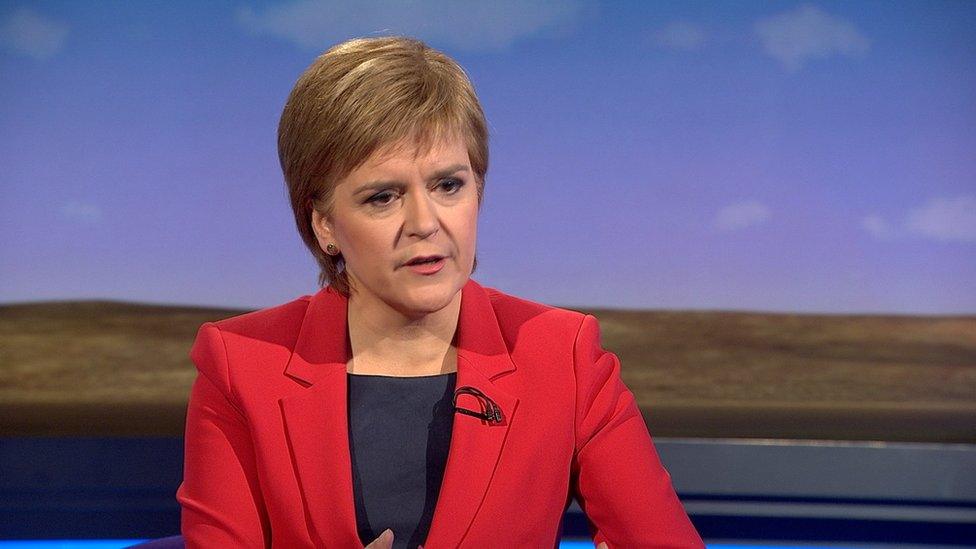
- Published26 June 2016
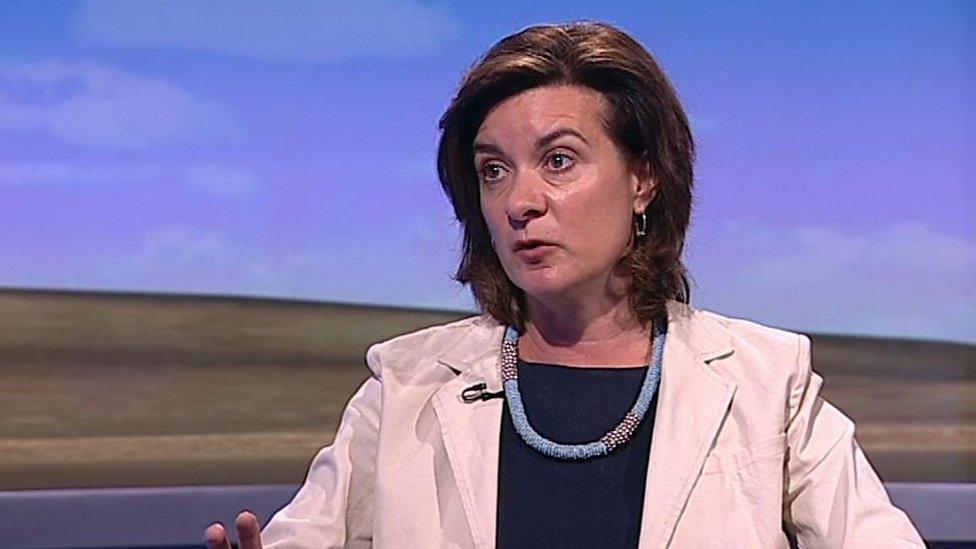
- Published25 June 2016
